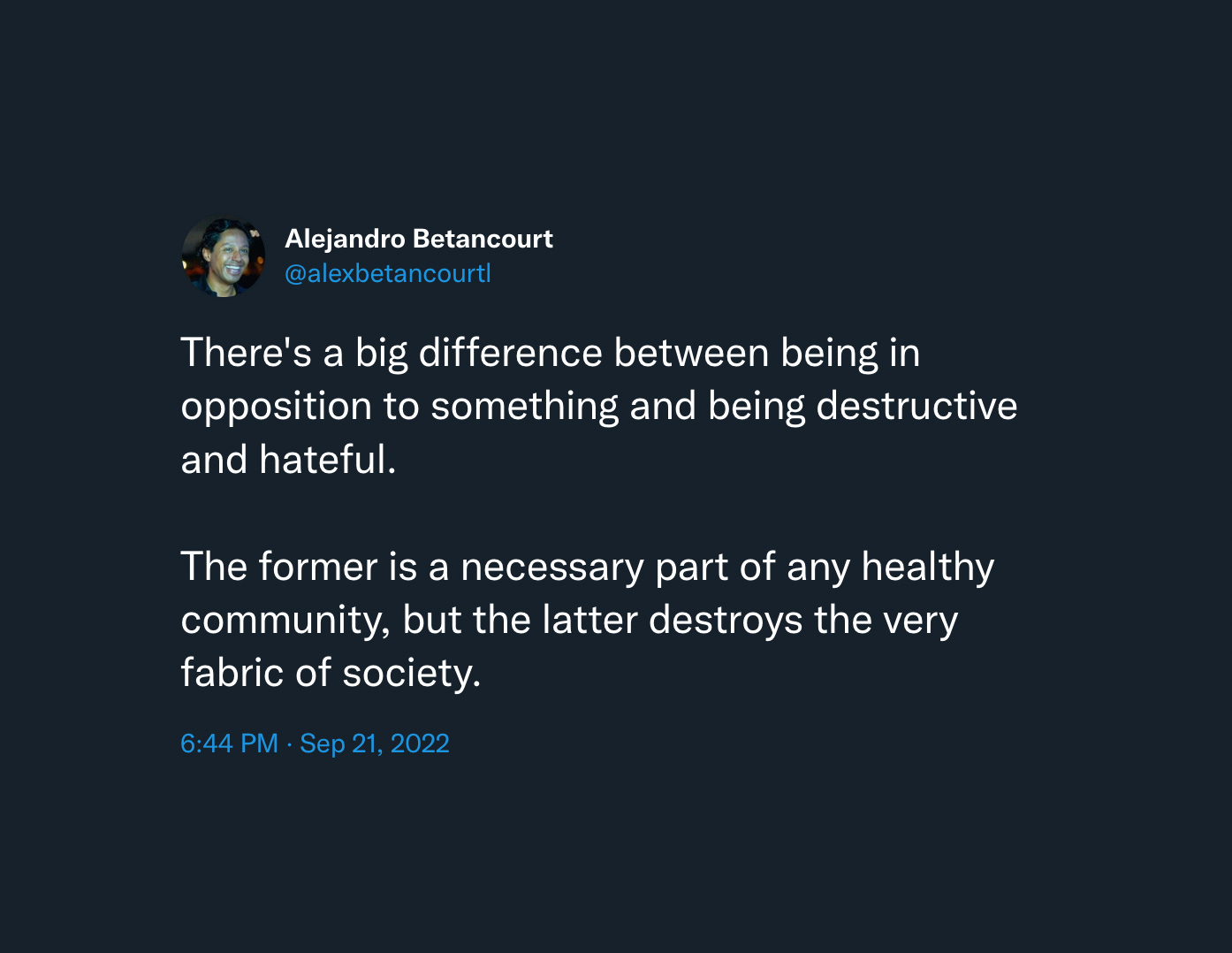Understanding and Embracing the Dark Side of Our Personality: The Shadow Self
How Do We Go About It?
“Your Shadow isn’t a ‘thing’ or even a ‘place’ but a relationship that you have with certain parts of yourself that you’ve hidden. By improving this relationship, you can improve your life.” — Oli Anderson
We all have a dark side. It’s part of what makes us human. Recognizing and owning our shadow self is an essential step on the road to self-awareness and wholeness.
Carl Jung was a Swiss psychiatrist and psychologist who founded analytical psychology. He is best known for his work on the psychological aspects of the unconscious mind, including the concepts of extraversion and introversion, archetypes, and the collective unconscious.
In Jungian psychology, the shadow self is the part of the personality we repress because it is too painful or unacceptable to acknowledge.
The Shadow Self
The shadow self contains all of the qualities that we consider to be negative: rage, envy, greed, selfishness, lust, laziness, etc.
We generally don’t like to think about or admit these qualities because they make us uncomfortable.
However, denying or repressing our shadow self does not make it go away. It often leads to problems in our lives because we are not acknowledging a genuine part of ourselves.
When we don’t own our shadow self, it can lead to destructive behavior as we try to keep these parts of ourselves hidden from view.
Jung believed that we each have a shadow self — a hidden or repressed part of our personality that consists of our dark side. This shadow self contains all the qualities we dislike in ourselves, such as anger, resentment, bitterness, greed, and pride. It also includes our primitive urges and desires, such as sex, violence, and power.
While we may try to deny or suppress these darker aspects of our personality, they still influence our behavior. Jung believed that our shadow self often drives our harmful or destructive behavior.
For example, a usually kind and compassionate person may suddenly lash out in anger or violence when triggered by something or someone. This is because their shadow self has been activated and is now in control.
Similarly, a typically honest person may be dishonest or steal when stressed or in a difficult situation. This is because their shadow self is trying to take over.
Jung believed that we must become aware of and accept our shadow self to achieve wholeness. He thought that it is only by facing our dark side that we can hope to integrate it into our personality.
Embracing our Dark Side
Embracing our shadow self brings our personalities’ light and dark sides together. It is when we consciously accept our shadow self and make peace with the darker aspects of our nature.
Owning our shadow self is an essential step on the road to self-awareness and wholeness. It’s also necessary for healthy relationships. When we deny or suppress our shadow self, it will eventually come out in negative ways.
For example, a person who denies their anger may eventually explode in rage. Or a person who suppresses their sexuality may subsequently act out in inappropriate ways.
When we become aware of our shadow self and accept it as part of who we are, we can start to work with it instead of against it. We can learn to listen to its needs and find constructive ways to express its energy.
How Do We Go About Embracing Our Shadow Self?
The first step is to become aware of it. We need to start paying attention to the times when we act out of character or behave in a way that is not in line with our ideal self.
For example, if you find yourself snapping at your partner or children for no reason, that is a sign that your shadow self is trying to take over.
Suppose you find yourself being drawn to people or situations that are dangerous or harmful. In that case, that is also a sign that your shadow self is in control.
The second step is to accept these darker aspects of ourselves. This does not mean that we have to like or approve of them. It simply means acknowledging that they exist and are part of our identity.
The third step is working with our shadow self instead of against it. This means learning to listen to it and understand its needs. It also means finding healthy and constructive ways to express the darker aspects of our personality.
For example, if you find yourself angry or resentful, try to take some time to calm down before reacting. If you are drawn to dangerous or harmful people or situations, try to find a healthier outlet for your energy, such as exercise or creative expression.
Embracing our shadow self takes time, patience, and a willingness to face our fears and insecurities. But the rewards are more than worth the effort.
When we embrace our shadow self, we become more self-aware and authentic. We also become more compassionate and understanding toward others, realizing that everyone has a dark side.
It may be difficult at times, but it is a journey that will transform your life in ways you never thought possible.
“Unfortunately there can be no doubt that man is, on the whole, less good than he imagines himself or wants to be. Everyone carries a shadow, and the less it is embodied in the individual’s conscious life, the blacker and denser it is. If an inferiority is conscious, one always has a chance to correct it.” — Carl Jung
I recommend reading “The Archetypes and the Collective Unconscious” and “The Psychology of the Unconscious” by Carl Jung if you want to learn more about this topic.
We must become aware of and accept our shadow self to achieve wholeness, embracing our personalities’ light and dark sides together. We must consciously embrace it and make peace with the darker aspects of our nature.
When we become aware of our shadow self and accept it as part of who we are, we can start to work with it instead of against it. We can learn to listen to its needs and find constructive ways to express its energy.
What do you think? Do you have any experience with embracing your shadow self? I’d love to hear about it in the comments!
© Alejandro Betancourt, 2022. All Rights Reserved.
DID YOU KNOW?
Research illustrates the benefits of crying, which can help your body and mood.
More info.
New words are created at a rate of one every 98 minutes.
More info.
Viagra is not just good for straightening the male anatomy. It can make flowers stand up straight!
More info.






